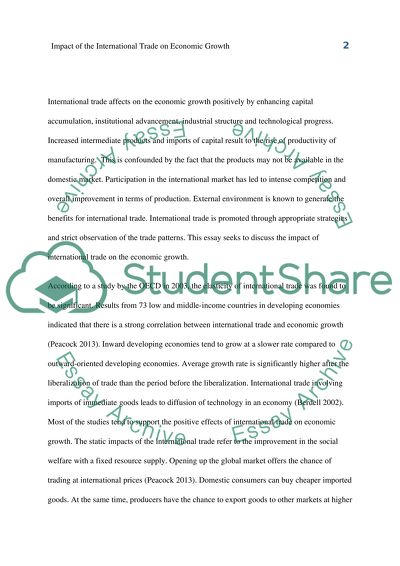Cite this document
(Impact of the International Trade on Economic Growth Essay, n.d.)
Impact of the International Trade on Economic Growth Essay. Retrieved from https://studentshare.org/macro-microeconomics/1471586-the-impact-of-international-trade-on-economic
Impact of the International Trade on Economic Growth Essay. Retrieved from https://studentshare.org/macro-microeconomics/1471586-the-impact-of-international-trade-on-economic
(Impact of the International Trade on Economic Growth Essay)
Impact of the International Trade on Economic Growth Essay. https://studentshare.org/macro-microeconomics/1471586-the-impact-of-international-trade-on-economic.
Impact of the International Trade on Economic Growth Essay. https://studentshare.org/macro-microeconomics/1471586-the-impact-of-international-trade-on-economic.
“Impact of the International Trade on Economic Growth Essay”, n.d. https://studentshare.org/macro-microeconomics/1471586-the-impact-of-international-trade-on-economic.


